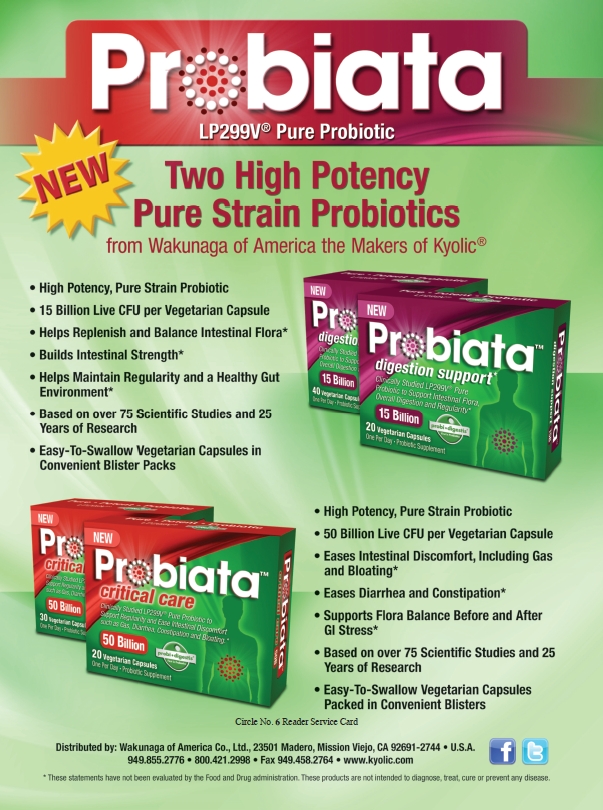Let’s say you traded your quiet ho-hum life for one filled with fame and glory. Sure, the dollars that come with prominence in our society are bountiful, but after a while, thorns would start to grow. Lost quality time with those who knew you from the beginning would weigh heavily, intense pressure to excel would build, and even the simple pleasure of “being yourself” would become a distant memory. And then, there’s the unsettling feeling of knowing that one day, you could fall out of favor with the public. Picking up the pieces after such rejection would be crushing.
If stevia was a person, I imagine that is how he’d feel right about now.
Beating Up the Real Thing
I don’t mean to imply stevia and products sweetened with it are losing interest in consumers’ minds. Natural shoppers still happily eat them up (pun intended); our own What’s Selling column regularly features stevia-sweetened food and drinks.
The problem is with mass market consumers , particularly those that don’t count carbs and cals. Stevia recently suffered a black eye with the announcement that Coca-Cola was pulling stevia from its reformulated vitaminwater because shoppers didn’t like the change at all.
, particularly those that don’t count carbs and cals. Stevia recently suffered a black eye with the announcement that Coca-Cola was pulling stevia from its reformulated vitaminwater because shoppers didn’t like the change at all.
This past spring, a “refreshed” vitaminwater formula started showing up in stores that was sweetened with a new mixture of cane sugar and stevia with the goal of being healthier. The blend was intended for the full-calorie formula (previously a mixture of crystalline fructose and sugar), and shoppers were turned off. They voiced their intense displeasure over the new taste on social media and elsewhere, making Coca-Cola think twice. The uproar fueled the company’s decision to reformulate again—this time, without stevia.
“We tinkered with the taste of vitaminwater. And our fans haven’t had the greatest things to say about it. So we’re changing back to the taste you know and love,” said Coca-Cola in an official statement made in August of this year. The zero-calorie formula will keep the extract.
The Conundrum
What does all this mean for stevia? Will mainstream shoppers have a bitter taste in their mouths from this Coca-Cola experiment gone wrong? And how should we feel as an industry?
Stevia has deep roots in the natural products world, as you know, that stretch back before the whirlwind appeal of GRAS Reb A ingredients. I know we don’t have the right to protect “our babies” like stevia and others that were sold in health food stores before landing on mainstream’s radar. But part of me feels annoyed at Coca-Cola for not understanding stevia well enough to either market the sweetener to the right group (again, zero-calorie formulas are doing okay), or formulate it better for the sugar-addicted mass market. But I’m conflicted. I feel like the company should get some credit for trying to make a “healthier” beverage that’s “more natural” for the mass consumer. After all, we want healthier options for everyone, not just our prime shoppers.
So, if stevia had it all to do all over again, should it have stayed safely tucked away in products intended for highly health-conscious shoppers who understand it, or risk detachment from mainstream consumers? In the end, I guess having the chance to raise the visibility of this amazing sweetener and show off what “natural” has to offer was worth it, even if it meant getting a few bruises in the process. WF
Kaylynn Chiarello-Ebner
Editor/Associate Publisher
Published in WholeFoods Magazine, September 2014










